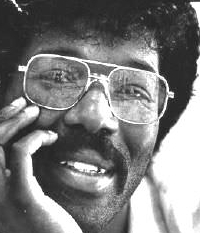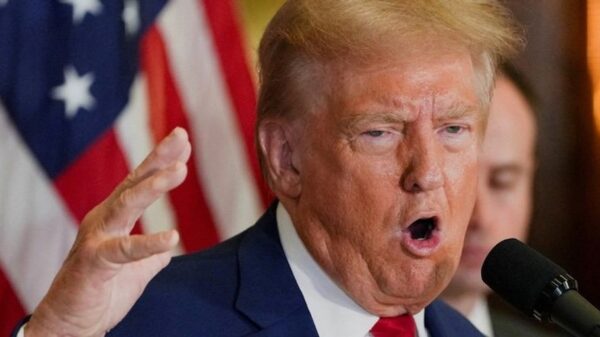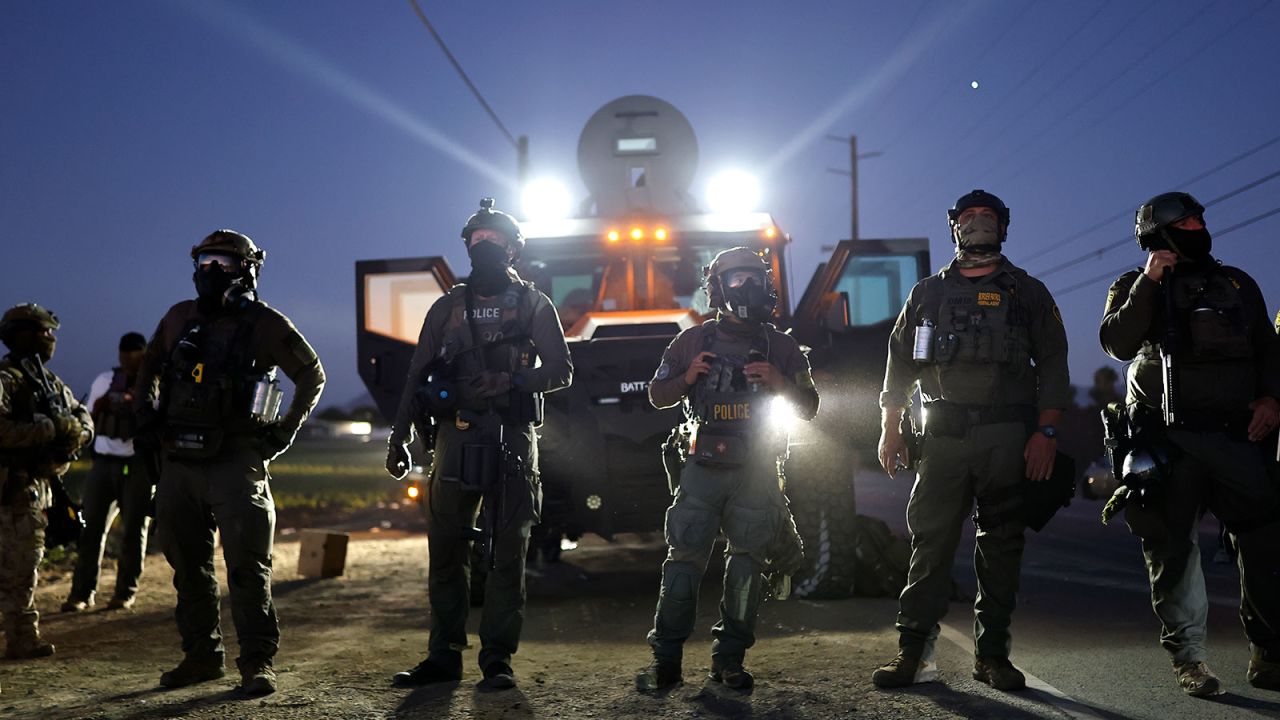The discussion surrounding the requirement for U.S. Immigration and Customs Enforcement (ICE) agents to wear masks during arrests has escalated, drawing attention from lawmakers and advocacy groups alike. On March 15, 2024, Congressman Lou Correa, a Democrat representing California, publicly shared his views on the matter, emphasizing the potential implications for both public health and law enforcement practices.
Correa’s comments come amid ongoing debates about health safety protocols, particularly in the context of federal agents’ responsibilities. He underscored the importance of maintaining safety standards while executing their duties. “The safety of both the agents and the communities they serve should be paramount,” Correa stated. His remarks suggest a push for a balanced approach that prioritizes health without compromising operational effectiveness.
The National Border Patrol Council, which represents ICE agents, has expressed concerns regarding mask mandates. They argue that such requirements could hinder communication during operations and impact the agents’ ability to respond effectively in critical situations. The council has called for a review of the policy, advocating for flexibility based on the specific circumstances of each operation.
In recent months, mask usage has been a contentious topic across various sectors. While many health experts advocate for the continued use of masks to mitigate the spread of respiratory diseases, law enforcement agencies have faced unique challenges in balancing public health with their operational needs. Correa’s stance reflects a growing recognition of the need for clear guidelines that address both concerns.
As the debate unfolds, it remains to be seen how the ICE will adapt its policies in response to this ongoing discourse. The implications of these discussions extend beyond public health; they touch upon the fundamental practices of law enforcement and community relations.
Congressman Correa’s involvement highlights the broader legislative interest in ensuring that health measures are effectively integrated into law enforcement protocols. His engagement serves as a reminder of the ongoing dialogue necessary for shaping policies that reflect both public safety and operational efficiency.
In conclusion, the debate over ICE agents wearing masks during arrests illustrates the complex interplay between health measures and law enforcement practices. As discussions continue, stakeholders from various sectors will be watching closely to see how these policies evolve in light of both public health guidance and operational realities.







































































